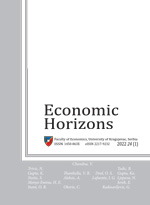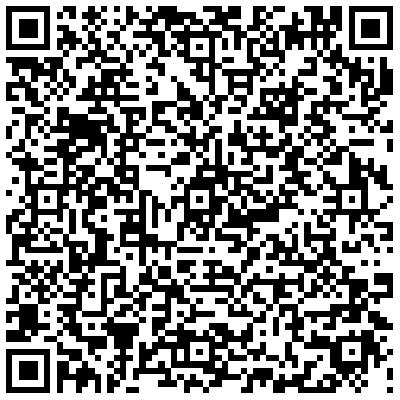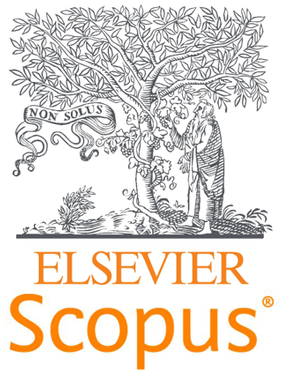APPLICATION OF EVIDENCE-COLLECTION TECHNIQUES IN EXAMINING THE BASIC AUDIT OBJECTIVES IN INSURANCE COMPANIES
Biljana Jovkovic
Faculty of Economics, University of Kragujevac, Kragujevac, Serbia
The independent auditor expresses his or her opinion on financial reports, whose primary role is to reduce the asymmetry of information between insurance companies’ management and the existing and potential investors. Through reducing the information risk of the presented financial reports, audit provides the safer making of investment decisions of the users of these reports. In order for this basic function of audit to realize, it is necessary that auditors should collect sufficient pieces of evidence by applying adequate and relevant examination techniques. The goal of this paper is to point at the specific position of audit when an insurance company is a client, and in this regard, at a need for the differentiation of the priorities of individual audit objectives as well as the necessity of the customization of the implemented evidence-collection techniques implemented in an audit engagement with an insurance company simultaneously respectfully referring to the prescribed ordinary procedures imposed by the professional regulation. In the paper, an attempt has been made to comprehensively analyze the effectiveness of individual evidence-collection techniques for the purpose of proving the achievement of each individual objective of the audit as well as their different applicability in the examination of certain balance-sheet positions in financial reports of insurance companies.
Keywords: evidence-collection techniques, audit objectives, financial reports of insurance companies
JEL Classification: G22, M42




